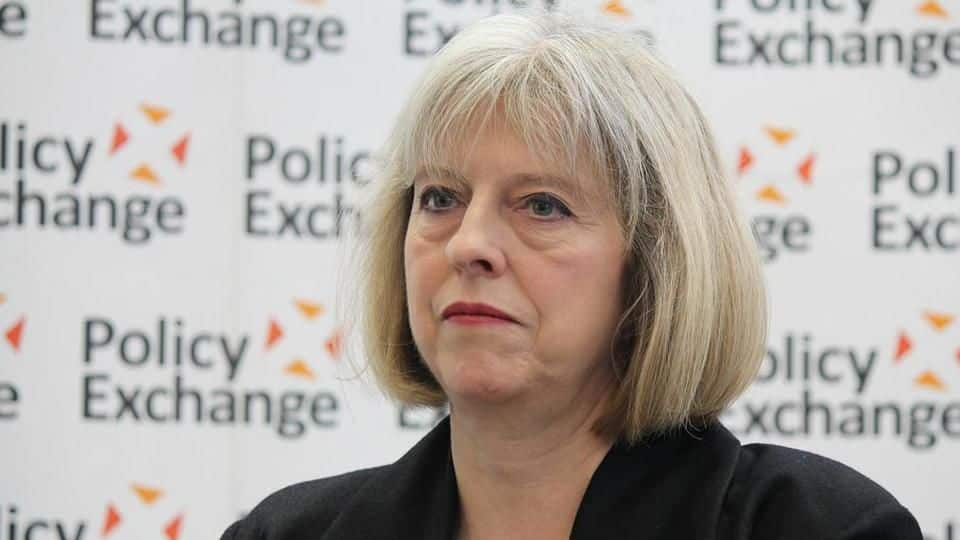
Brexit: May government loses key vote after Tory rebellion
What's the story
The Brexit took an unexpected turn after Britain's Theresa May government faced a surprise defeat in a Parliamentary vote on the EU Withdrawal Bill. 309 MPs, including 11 rebel MPs from May's Conservative Party, voted in favor of holding another parliamentary vote on the final Brexit deal. This could prolong the process beyond the March 2019 deadline. What else does this mean? Read on.
Do you know?
What is Brexit?
The process for Britain's exit from the EU was triggered following the results of a June 2016 referendum, in which 52% of the voters said Britain should leave the Union. 'Leave' supporters wanted Britain to be rid of EU regulations, including the harmonized economy.
EU withdrawal bill
What was the vote on?
The Parliamentary vote on the EU Withdrawal Bill is a key aspect of the UK's strategy to leave the EU. It's aimed at ending the imposition of EU law over the UK. For the time being, it will focus on adopting EU laws under the British legal system. The British government will later decide on parts, that need to be scrapped or retained.
Details
Conservative MPs clash
Ahead of the vote, anti-Brexit opposition parties joined hands with rebels in the Conservative Party during a debate on the EU Withdrawal Bill. The amendment to the bill which called for another Brexit Parliamentary vote passed with 309 votes against 305. The Conservative rebels were: Dominic Grieve, Heidi Allen, Stephen Hammond, Sir Oliver Heald, Nicky Morgan, Bob Neill, Antoinette Sandbach, Sarah Wollaston and others.
Who said what?
British parties react to the development
The government said it was "disappointed" after the defeat. Dominic Raab, the Justice minister assured that this won't delay the Brexit process. Hammond, a Conservative rebel stated, "Tonight I put country and constituency before party and voted on principles to give Parliament a meaningful vote." Jeremy Corbyn, leader of the Labour Party, termed the defeat "a humiliating loss of authority" for May.
Analysis
What does this mean?
The government's defeat on the EU Withdrawal Bill marks the first time that the remain supporters have won over the government on a Brexit-related matter. This could prolong the Brexit process beyond the March 2019 deadline. May has been navigating through various parties' demands so far. However, the opposition from within her own party can become a major constraint in negotiations with the EU.